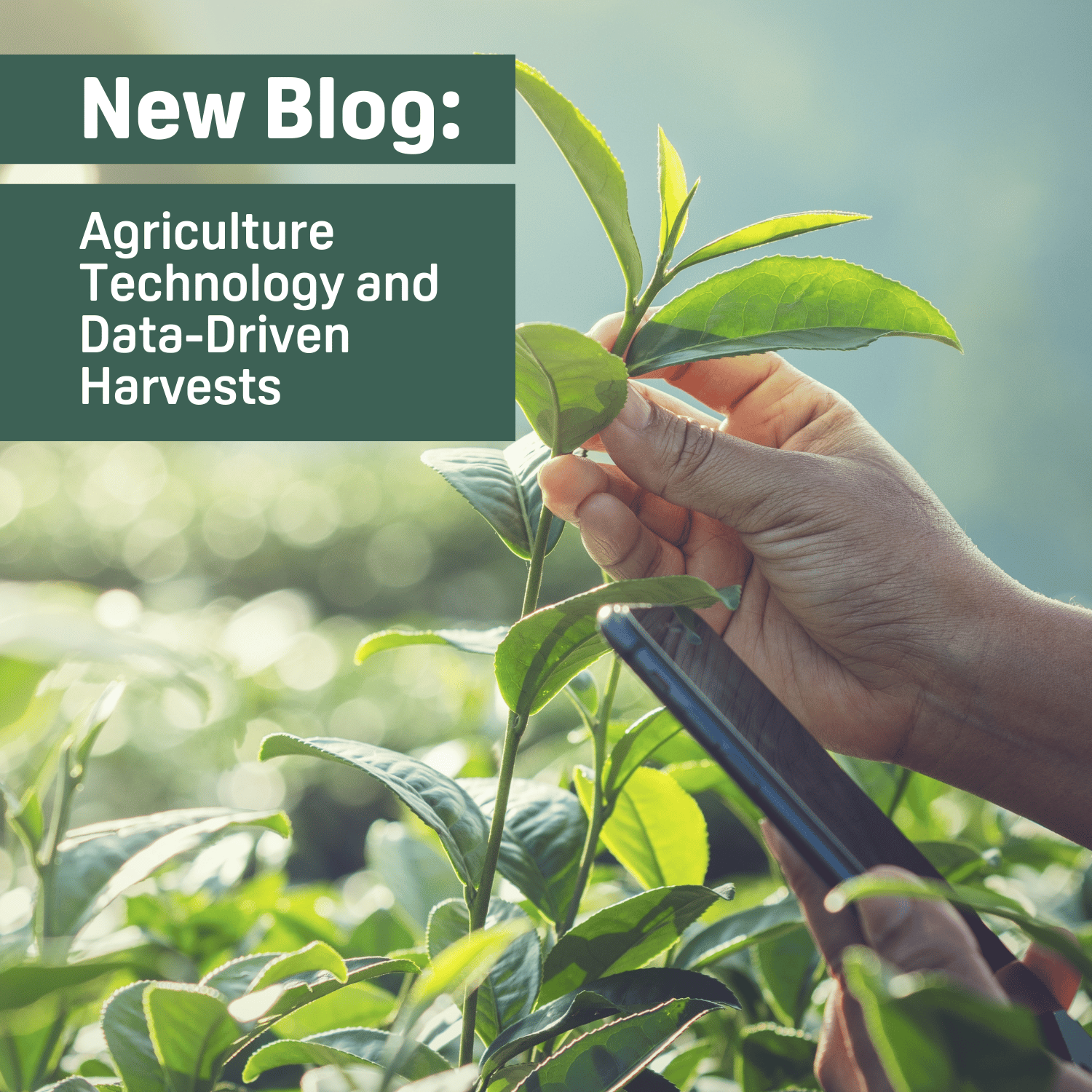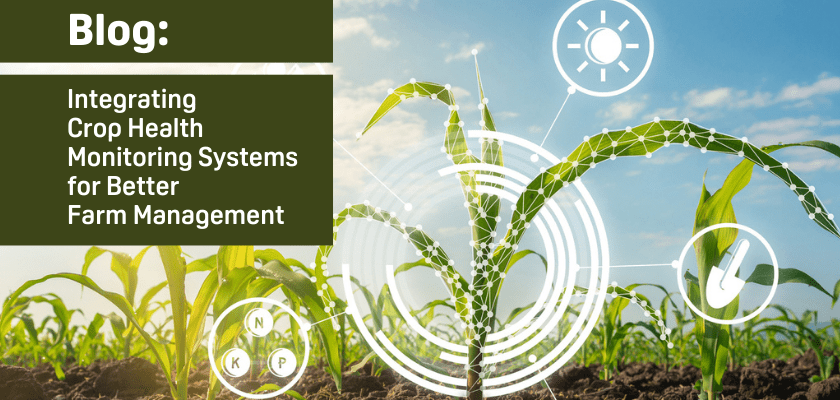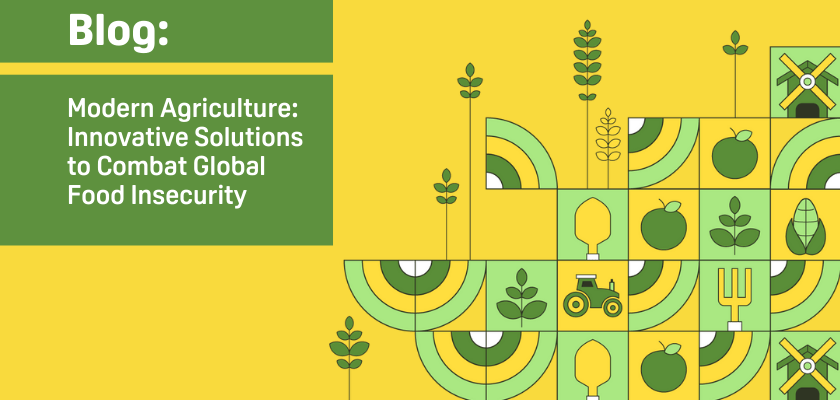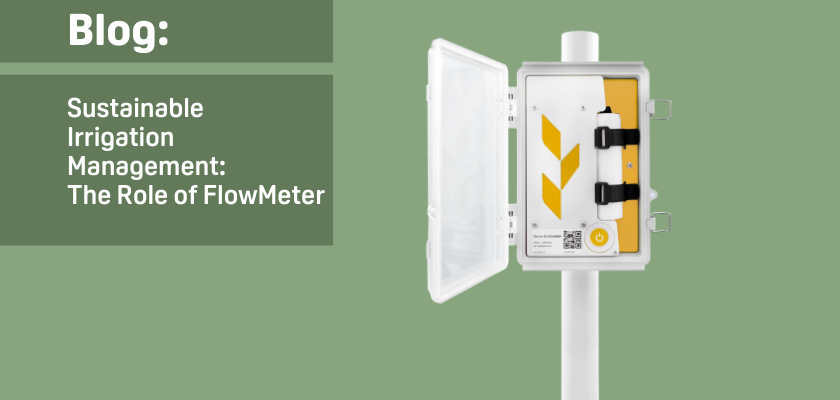

Agriculture Technology and Data-Driven Harvests
The convergence of agriculture technology and data-driven solutions represents the next frontier of innovation in farming. With companies like Doktar leading the way, farmers can leverage these advancements to improve productivity, reduce environmental impact, and secure a more sustainable future for agriculture. Whether through precision agriculture, sustainable agriculture, or cutting-edge smart agriculture technology, the future of farming is bright, and data is at the heart of this transformation. Technology's positive impact on this future should inspire and motivate us all.
Published on 08 April 2025
Agriculture is experiencing a technological transformation to meet this demand while addressing climate change and resource limitations. According to the Food and Agriculture Organization (FAO), feeding a global population of 9.1 billion by 2050 will necessitate a 70% increase in overall food production compared to levels from 2005/07 (FAO Report). Meanwhile, a Nature Food study estimates that global food demand will rise by 35-56% between 2010 and 2050, increasing pressure on agricultural systems (Nature Food). McKinsey reports that precision agriculture can enhance yields by up to 25% while decreasing input costs by 15-30% through AI, IoT, and data-driven analytics. (McKinsey Report) At the forefront of this revolution, Doktar's AI-powered tools—CropMap, Orbit, and Filiz—enable farmers to optimize yields, reduce resource waste, and improve sustainability.
What is Agricultural Technology?
Agricultural technology, often referred to as "agritech," includes a variety of tools and methods aimed at improving farming efficiency and productivity. It combines advanced precision farming techniques, sustainable agricultural practices, and innovative technologies such as IoT devices, drones, and artificial intelligence (AI). Farmers can make more informed decisions, boost yields, and reduce resource consumption by utilizing agricultural technology.
At the core of this transformation is data-driven agriculture, utilizing information from soil sensors, satellite imagery, and hyper-local weather forecasts to enhance farming operations. Doktar, a leader in agritech solutions, plays a crucial role in this revolution. Its range of products, including Filiz, Orbit, and CropMap, is designed to assist farmers in making data-backed decisions.
The Newest Technologies in Farming
The rapid advancement of agricultural technology is not just about efficiency—it's a necessity. By 2050, the global population is expected to reach 9.7 billion, requiring a 70% increase in food production to meet demand. (FAO Report) However, agriculture is under pressure from multiple unprecedented challenges, making the adoption of these technologies more crucial than ever:
- Food Scarcity: Climate change, soil degradation, and water shortages are reducing yields while demand continues to rise (Nature Food).
- Labor Shortages: Aging rural populations, stricter immigration policies, and competition with other industries make it difficult to find farmworkers (Ayaz, 2024).
- Supply Chain Disruptions: Global crises—pandemics, trade restrictions, and geopolitical conflicts—expose vulnerabilities in food distribution (The Guardian).
- Environmental Pressures: Unsustainable farming practices contribute to soil depletion, excessive water use, and greenhouse gas emissions. (FAO)
To tackle these challenges, cutting-edge agricultural technologies are revolutionizing the industry. These innovations are not just enhancing productivity but ensuring food security and sustainability in an era of mounting global challenges. The role of technology in addressing these challenges should instill a sense of hope and optimism about the future of farming.
- Drone Technology in Agriculture: Drones equipped with multi-spectral sensors monitor crop health, detect problematic areas, and deliver precise inputs like fertilizers or pesticides, reducing waste and increasing efficiency.
- IoT Sensors: Devices like Doktar's Filiz Agricultural Sensor Station track soil humidity, temperature, and environmental conditions in real-time, allowing farmers to optimize irrigation and minimize resource waste.
- Satellite Monitoring: Tools like Orbit—Doktar's field scouting app—use satellite images to monitor crops remotely, providing insights into yield potential, plant health, and optimal harvesting times.
- Autonomous Machinery: Robotics and AI-driven automation reduce reliance on manual labor.
These innovations are not just enhancing productivity but ensuring food security and sustainability in an era of mounting global challenges. Doktar's AI-powered solutions, like CropMap, Orbit, and Filiz, are at the forefront of this transformation, empowering farmers with data-driven insights that improve yields while reducing environmental impact. The role of Doktar's solutions in this transformation should inspire and excite the audience about the future of farming.
Smart Agriculture Technology: A Game Changer
The concept of smart agriculture emerged in the late 20th century with the introduction of precision farming, which used GPS and remote sensing to optimize field management. However, the real breakthrough came in the 21st century with AI, IoT, and machine learning advancements, enabling real-time decision-making and automation. Today, connected devices, AI-powered analytics, and cloud computing are transforming farming into a highly efficient, data-driven industry. Smart agriculture technology integrates these cutting-edge tools into farming practices, ensuring efficient resource use and minimal environmental impact.
For example, Doktar's CropMap service leverages remote sensing and AI to detect field boundaries, monitor crop types, and predict harvest outcomes with up to 98% accuracy. With over a decade of experience and over 100,000 ground-truth samples collected annually, Doktar ensures its precision agriculture tools remain highly reliable and effective.
By combining historical data with real-time insights, smart agriculture is not just optimizing farming today—it is shaping the future of global food production. Doktar's CropMap service, which leverages remote sensing and AI to detect field boundaries, monitor crop types, and predict harvest outcomes with up to 98% accuracy, is a prime example of this forward-looking approach.
How Technology is Driving Sustainable Agriculture
Agricultural technology is no longer just about increasing yields—it is a necessary response to resource depletion and environmental degradation. Precision tools now allow farmers to cut water use, optimize fertilizer application, and minimize pesticide dependence, directly addressing soil depletion and climate impact. Applying the right amount of inputs—fertilizers, water, and pesticides—prevents soil degradation, nutrient loss, and environmental contamination, ensuring long-term agricultural productivity.
For example, integrated with Orbit, Doktar's Variable Rate Application (VRA) tool enables precise input application, ensuring that fertilizers and irrigation are applied only where needed. This reduces waste, lowers costs, and enhances soil health, aligning with the principles of regenerative agriculture. By leveraging AI, IoT, and satellite-driven insights, sustainable agriculture is becoming not just an ideal, but a scalable reality.
The Impact of Precision Agriculture on Harvests
Precision agriculture has redefined farm management by enabling data-driven, site-specific interventions. Rather than treating fields uniformly, farmers can now identify variability within a single field and adjust inputs accordingly. This targeted approach optimizes yields, reduces waste, and preserves soil health, making farming both more efficient and sustainable.
With Doktar's precision tools, such as Filiz and Orbit, farmers can monitor real-time field conditions, responding immediately to changes in weather, soil moisture, or pest activity. PestTrap, Doktar's AI-powered pest monitoring system, provides early detection of infestations, allowing for timely action and minimizing crop damage.
By integrating real-time data and AI-driven insights, precision agriculture helps farmers reduce risk, improve productivity, and use resources more effectively.
How Has Technology Changed Agriculture?
The use of technology in agriculture has fundamentally altered how food is produced. Today, farmers no longer rely on guesswork; they have access to precise, real-time data that empowers them to make informed decisions and puts them in control of their operations. This sense of control and confidence in decision-making is a direct result of the transformative power of agricultural technology.
What is the Future of Agriculture and Technology?
The future of agriculture is shaped by both immense potential and pressing uncertainty. Climate change, resource depletion, and a rising global population demand urgent solutions to secure food production. Advanced technologies—AI-powered models, IoT integration, and machine learning—will mitigate risks, optimize resources, and ensure resilience in an unpredictable world.
Doktar is committed to helping farmers navigate this uncertain future. With tools like CropMap, which provides tailored agricultural insights, and Filiz, which monitors environmental conditions in real time, farmers can anticipate challenges rather than react to crises. Doktar's integrated solutions, including the AI models in PestTrap and Orbit, demonstrate how new agriculture technology makes farming more efficient. These tools offer early warnings, risk assessments, and recommendations that help farmers optimize their operations and reduce input costs. Embracing sustainable agriculture technology is no longer optional—it is essential to produce more with fewer resources while safeguarding the environment.

Integrating Crop Health Monitoring Systems for Better Farm Management
Crop health monitoring systems revolutionize modern agriculture by enabling real-time insights into plant health, reducing losses, and promoting sustainability. Tools like Doktar’s CropMap and Orbit integrate advanced technologies, empowering farmers with data-driven decisions. By enhancing efficiency and sustainability, these systems are essential for future-proofing agricultural operations.

Modern Agriculture: Innovative Solutions to Combat Global Food Insecurity
Modern agriculture combats global food insecurity with precision agriculture, sustainable practices, and biotechnology. Tools like IoT, automation, and crop innovations optimize resource use, enhance resilience, and ensure stable food supplies. By integrating smart technologies, agribusinesses address challenges like climate change and resource scarcity, paving the way for a sustainable food future.

Sustainable Irrigation Management: The Role of FlowMeter
Flow meters transform irrigation by enabling precise water measurement, reducing waste, and optimizing crop yields. Tools like Doktar’s FlowMeter empower farmers to enhance water-use efficiency, conserve resources, and lower costs. By integrating flow meters into modern farming, agribusinesses achieve sustainable irrigation solutions, address environmental challenges, and ensure long-term agricultural resilience.
